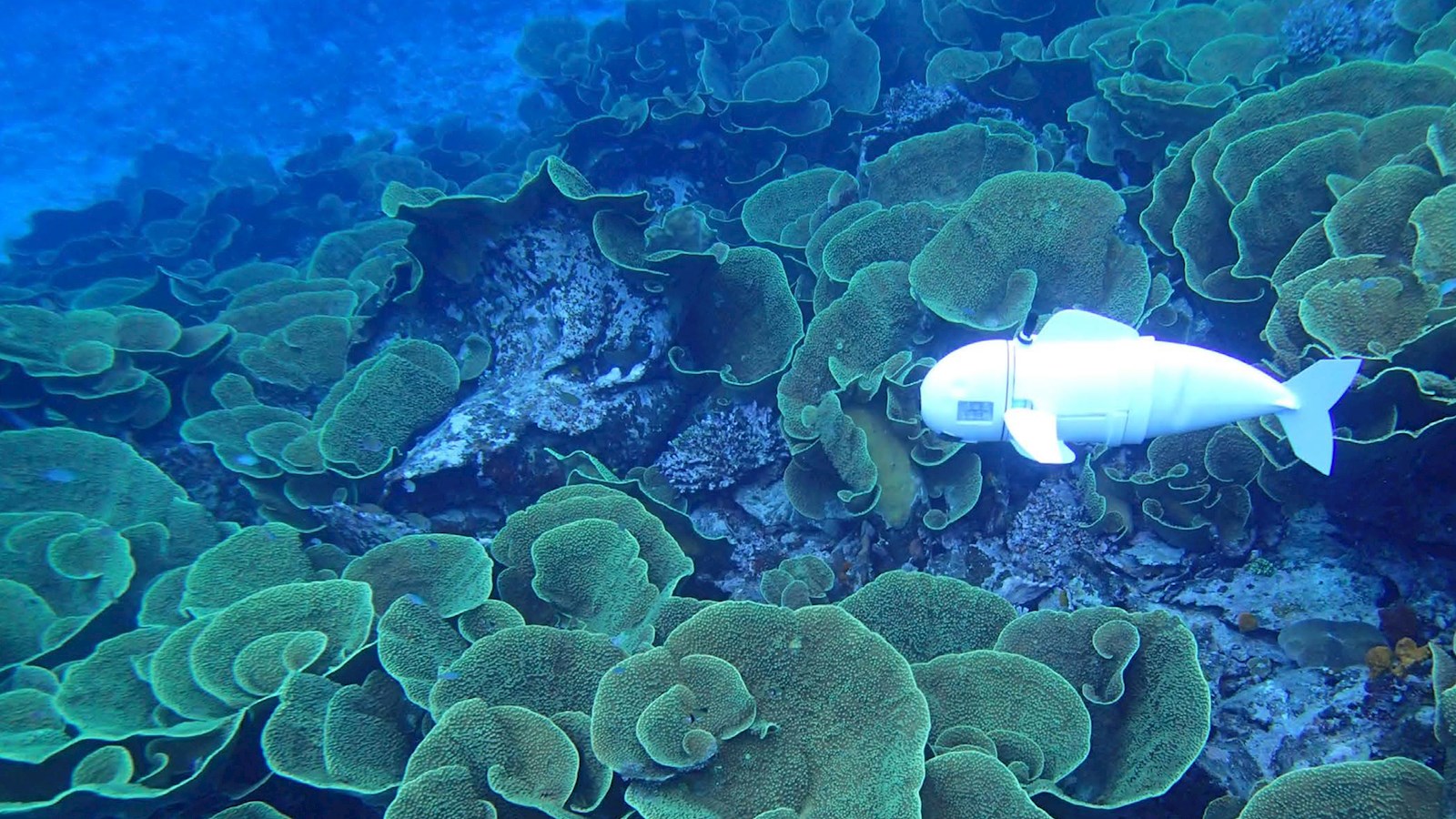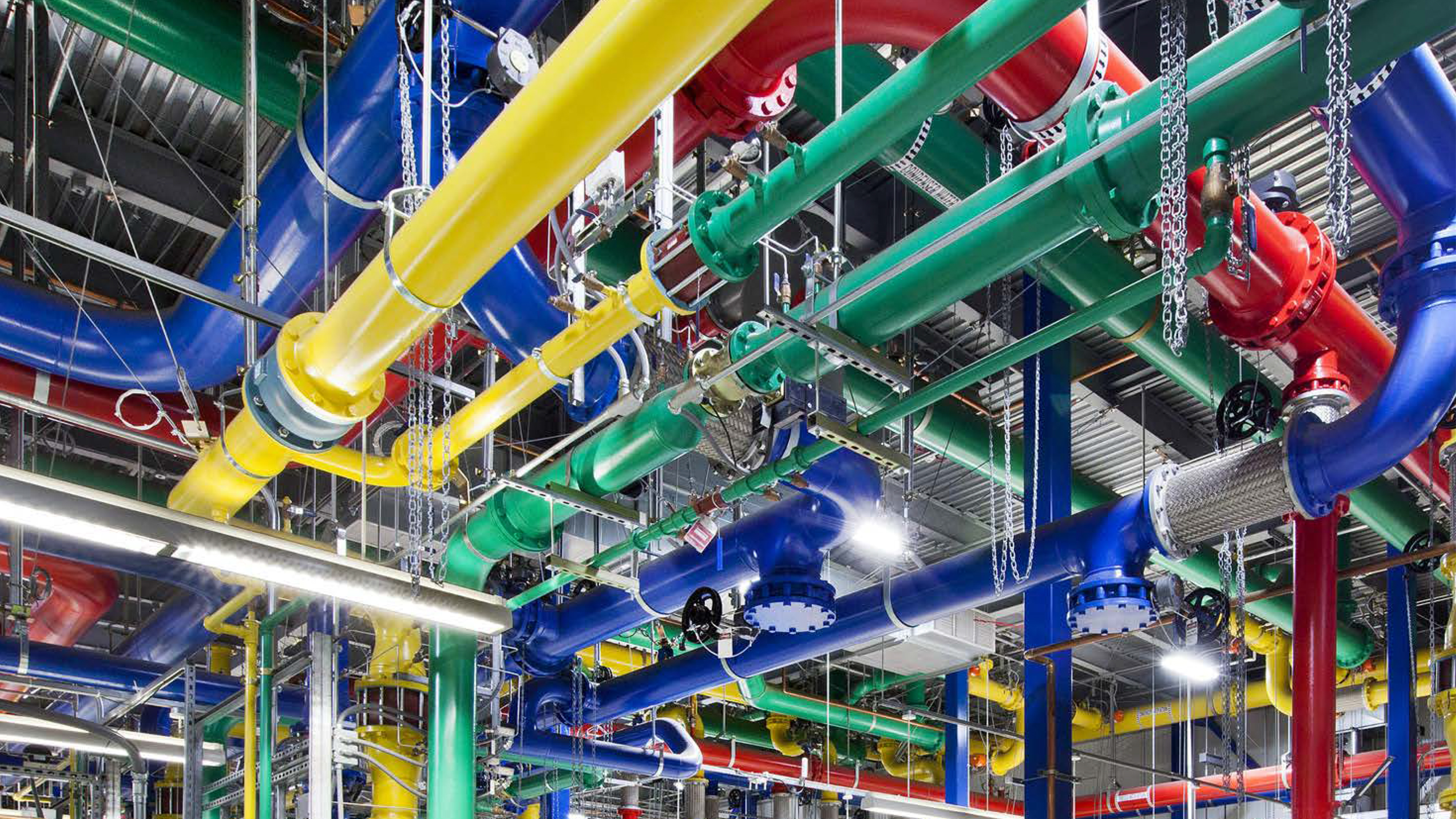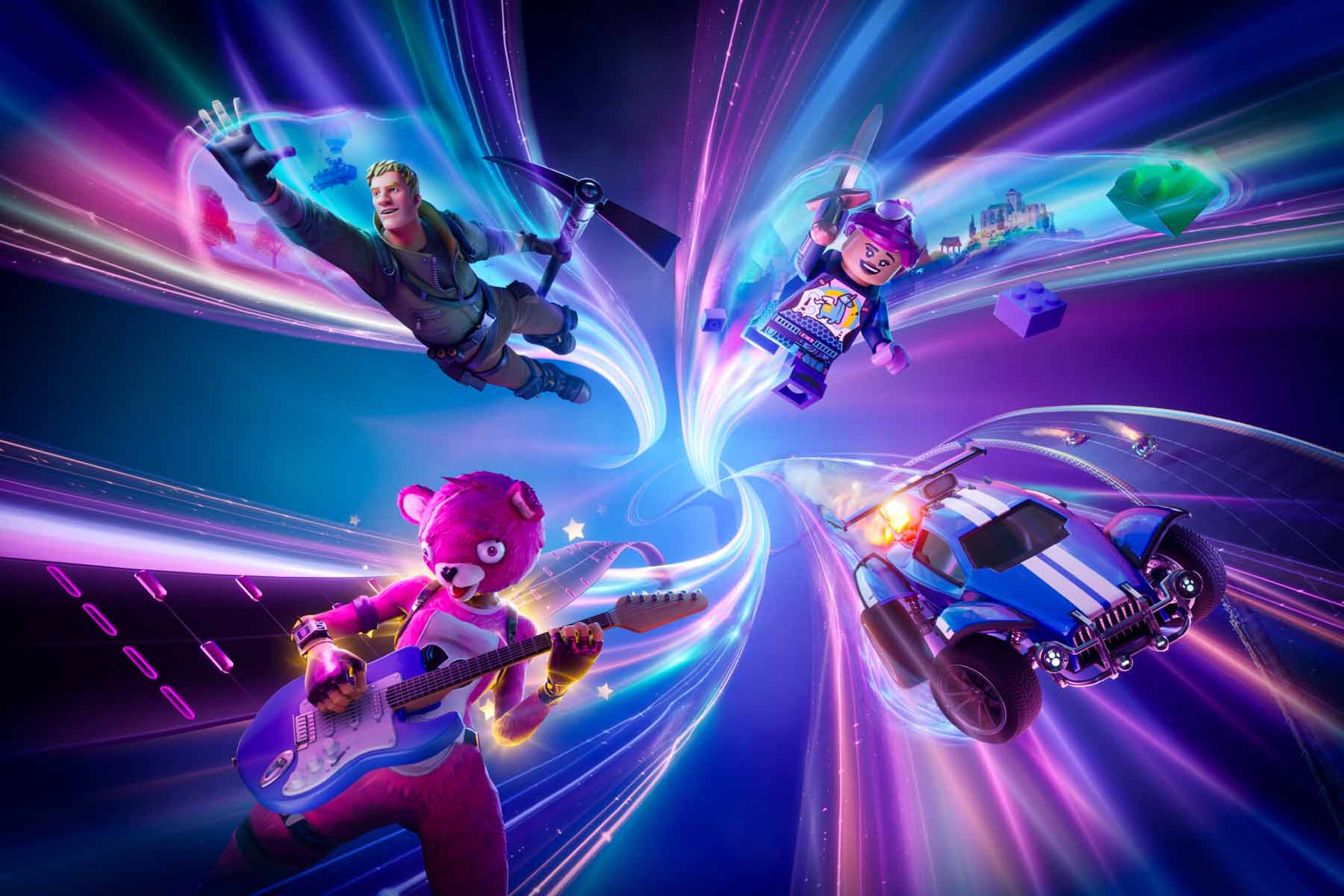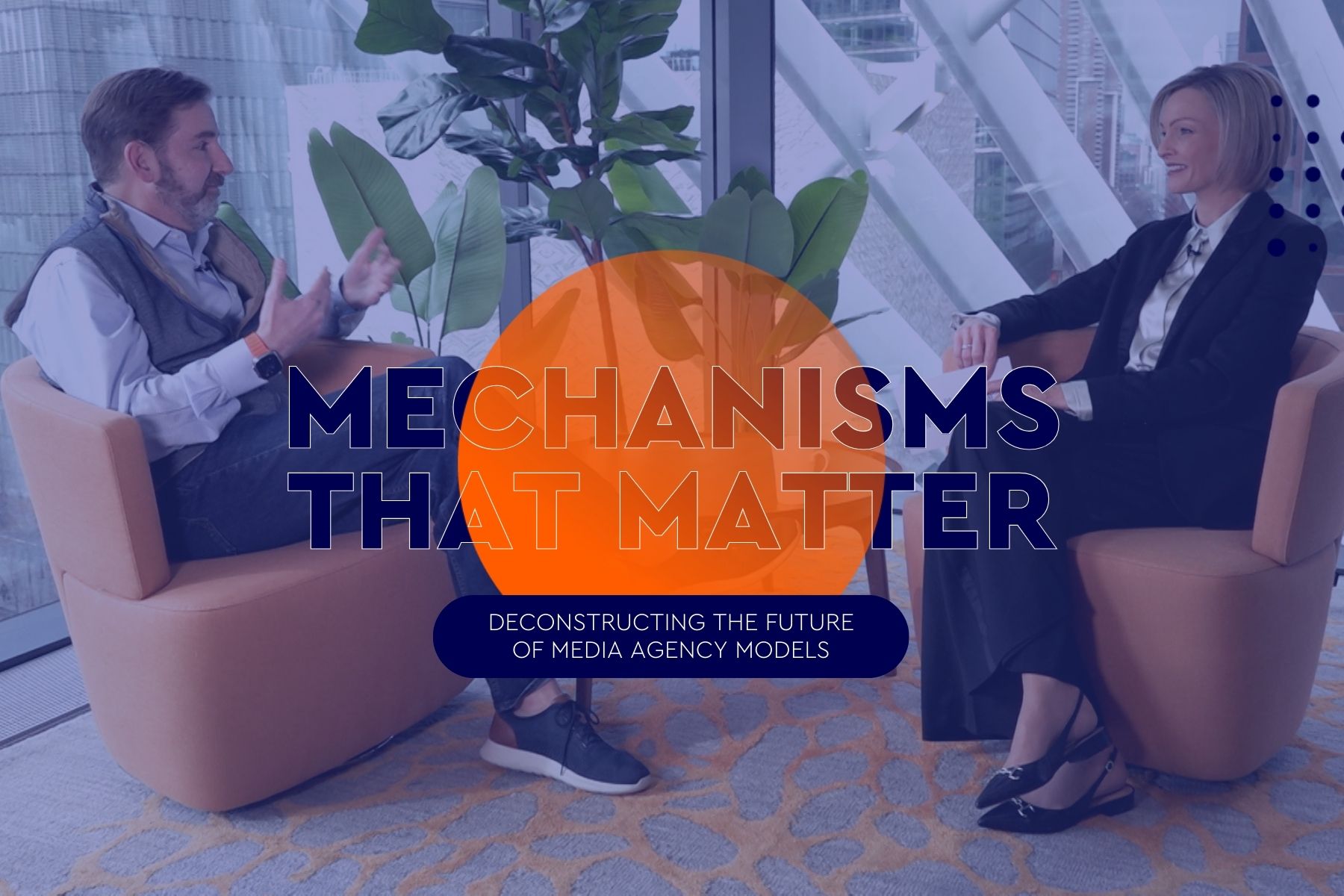
The New Sustainability: Regeneration
Pioneering brands are leading the charge on sustainability
Doing less harm is no longer enough. The future of sustainability is regeneration: replenishing and restoring what we have lost and building economies and communities that thrive, while allowing the planet to do so too.
Despite 195 countries signing up in 2015 to the Paris Agreement to reduce carbon emissions, global use of resources continues to exceed planetary boundaries.
What was perhaps once seen as a burden or a box-ticking exercise is now a major opportunity for innovation and even revenue. Businesses and brands have an opportunity to play a decisive role in the sustainable future. Peter Diamandis, executive chairman of the XPrize Foundation, says it best: “The world’s biggest problems are the world’s biggest business opportunities.”
According to conservative estimates, a new sustainable economy could be worth $12 trillion and create 380 million jobs. It’s potentially a win on many fronts for brands, which can drive efficiency and minimise exposure to risk while aligning with the values of stakeholders, from employees to customers.
Consumers are already operating from a sustainability mindset, even if they struggle to make it a lifestyle. They are increasing the pressure on brands to make it easier for them to do so, calling for greater transparency and pushing for more sustainable options.

90% of consumers say that companies and brands have a responsibility to take care of the planet and its people
A study looking at these consumer attitudes and behaviours across countries was conducted by SONAR™, J. Walter Thompson’s proprietary research unit with over 2,000 adults in the United Kingdom, the United States, Australia and China.
Key findings include:
- 92% of consumers are trying to live more sustainably, but 54% think they could be doing more
- 92% of consumers say sustainable business practices should now be standard
- 90% of consumers say that companies and brands have a responsibility to take care of the planet and its people
- 91% of consumers think companies/brands that pollute the environment should be fined
- 86% of consumers agree that companies/brands that continue to deplete finite resources are stealing from the future
What was perhaps once seen as a burden or a box-ticking exercise is now a major opportunity for innovation and even revenue. According to conservative estimates, a new sustainable economy centred on the United Nations’ Sustainable Development Goals could be worth $12 trillion and create 380 million jobs. It’s potentially a win on many fronts for brands, which can drive efficiency and minimise exposure to risk while aligning with the values of stakeholders from employees to customers. And companies such as Unilever are showing that it’s possible to make a profit too.
The future of sustainability is a complex, nebulous and often paradoxical concept. Even its definition seems vague and elusive.
J. Walter Thompson Intelligence examines consumer attitudes and behaviours across four global markets, and what they mean for brands. In this new report covering seven sectors, they explore the imperatives for business and share advice from the more than 30 experts, while diagnosing the global emerging trends in the sustainability space and documenting the global innovation landscape.
published on
04 October 2018
Category
More in Communications

How to build your brand in-game
A new research report from WPP and SuperAwesome

Mechanisms that Matter – Inside our partnership with Audible
How do you take a huge client like Audible from 22 agencies to one thriving networked team?

Healthcare communications – diverse, dynamic & different
Communicating about health and healthcare in APAC requires a nuanced and balanced approach

